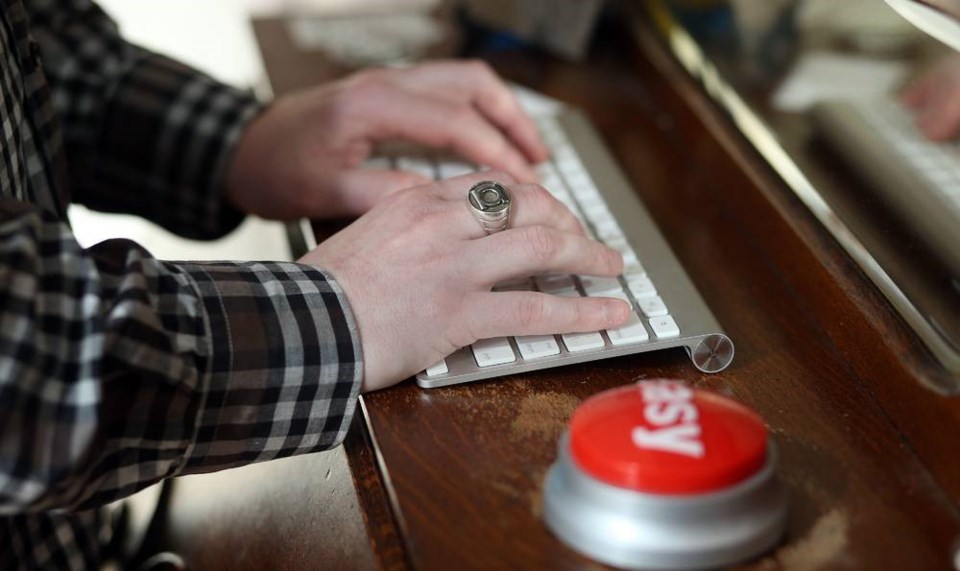Lately, I’ve realized that all of my memories before March 2020 have been categorized into the pre-COVID-19 part of my life. I am sure this is true for everyone else.
When I think of attending conferences, presenting to rooms full of large people, shaking hands, hugging friends and not being worried about someone with the sniffles, it’s all pre-COVID-19.
Things are different now; there’s no getting around it.
Since we are most likely going to be living with COVID-19 for the next couple of years, this new normal is eventually just going to be normal.
As October comes around, we will also be learning what a post COVID-19 Thanksgiving looks like, and then a few weeks later, we’ll see how Halloween celebrations change.
Some of these drastic changes in our lives are going to stick long after COVID-19 goes away. Meeting someone and not shaking their hand will never be rude. Calling in sick for work for something small won’t be scoffed at, and the list goes on.
Workplaces have had to adapt and provide flexibility for people to work from home when possible. I know a lot of people who really enjoy working from home and employers who have learned that tasks can be completed by people working remotely.
I wonder how this trend will shape our workforce.
There are people who benefit from the flexibility of working from home, enjoy not having a commute, and employers can save on office costs.
Personally, I like to get out of the house every day and go to the office, and I know I am not alone in that.
I am interested in seeing how employers keep teams connected in the long haul. Pre-COVID, I’ve known people who were offered better positions from other employers, but turned down those offers because they enjoyed the people they worked with.
I don’t know if we can get the same level of camaraderie over Zoom that we did just popping into someone’s office for a casual chat.
If people are no longer having watercooler conversations, will that change their loyalty?
It makes me wonder if employees will be making decisions more for monetary reasons, and less for personal reasons. If that’s the case, I am intrigued to see how employers will actively promote connectivity.
There is no denying that connectedness is going to take a hit with COVID-19, and I am interested to see how it shapes our workplaces long-term.
Looking into the future by a few years, I wonder if we, as employees, will need to look elsewhere for our social needs to be met. Maybe there will be some new strides in connectedness that I haven’t thought about yet.
This pandemic has fast-tracked the implementation of people working from home, people connecting online for video conferencing over meeting in-person, and people complying with rules about staying home when sick.
I hope that the outcome is employers taking the best of pre-COVID and the best of post-COVID when it comes to offering supportive work environments.
charla@makola.bc.ca
Charla Huber is the director of communications and Indigenous Relations for M’akola Housing Society.



